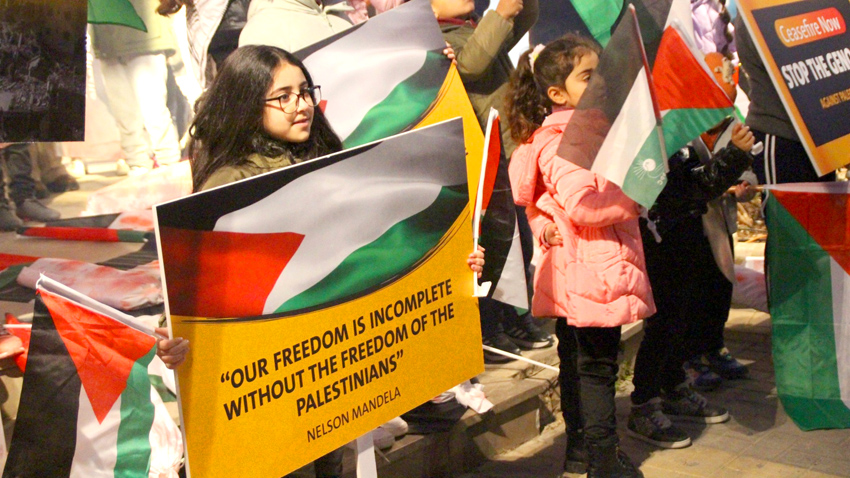
IN A historical development at the International Court of Justice (ICJ) in The Hague, South Africa presented its detailed case against Israel committing genocide in its conflict with Gaza.
This legal action, initiated by South Africa and supported by several countries and international organisations, marks one of the most detailed and gruesome cases presented to the court in the history of the ICJ.
The South African legal team, led by Vusimuzi Madonsela argued for urgent provisional measures to halt Israel’s military activities, mass displacements, and denial of essential resources like food, shelter, water, and healthcare to Gazans.
The hearing commenced with ICJ President Joan Donoghue introducing judges from both South Africa and Israel.
The South African legal team Vaughan Lowe, Adila Hassim, and Tembeka Ngcukaitobi, then put forward a meticulous argument in court, asserting that their case fulfils the International Court of Justice’s (ICJ) strict criteria for provisional measures.
Central to this appeal is to try to avert further escalation of the crisis and the potential for genocidal acts.
Madonsela stated in court: ‘We have come to the ICJ to prevent genocide and to do so in the discharge of the international obligation that rests on South Africa and all other states under the convention.’
He underscored the gravity of the situation, noting: ‘The consequences of not indicating clear and specific provisional measures … would be very grave indeed: for the Palestinians in Gaza who remain at real risk of further genocidal acts, for the integrity of the convention, for the rights of South Africa, and for the reputation of this court.’
He elaborated on the wider context of the situation, stating: ‘The application places Israel’s genocidal acts and omissions within the broader context of Israel’s 75-year apartheid, 56-year occupation and 16-year siege imposed on the Gaza Strip.’
South Africa’s, lawyers Adila Hassim and Tembeka Ngcukaitobi then presented a compelling case against Israel’s violations of the Genocide Convention through its military actions in Gaza.
Hassim contended: ‘South Africa argues that Israel has breached Article 2 of the Genocide Convention by committing actions that meet the definition of genocide.’
Tembeka Ngcukaitobi elaborated: ‘Genocidal intent … is evident from the way in which Israel’s military attack is being conducted, including the targeting of family homes and civilian infrastructure, and the systematic decimation of one per cent of the Palestinian population in Gaza since October 7.’
Ngcukaitobi further cited instances of public figures and soldiers advocating for the eradication of Palestinians.
He asserted, ‘Israel’s political leaders, military commanders, and officials have systematically and explicitly declared their genocidal intent, which is then echoed by soldiers as they engage in the destruction of Palestinians and the physical infrastructure of Gaza.’
Both Hassim and Ngcukaitobi argued that the situation necessitates immediate provisional measures to protect Palestinians in Gaza from ongoing and significant harm.
Lawyer Blinne Ni Ghralaigh warned of an unfolding public health disaster in Gaza, noting that four out of five people are facing famine or catastrophic hunger.
She highlighted that there are significant risks of death from starvation and disease, which could surpass those from bombings.
On average, 247 Palestinians, including 48 mothers and more than 117 children, are being killed each day. The current rate of casualties also includes the daily loss of medics, teachers, UN employees, and journalists.
Finally, the statements made by Du Plessis and Ngcukaitobi point to statements by Israeli officials and the conduct of military personnel as indicative of a broader, more systemic issue.
They argue that this pattern of behaviour and the failure to condemn or prevent such actions constitute a violation of the Genocide Convention and necessitates urgent action by the international community, as represented by the ICJ.
The United States has opposed the case, while Israel’s Western allies, including the European Union and the United Kingdom, have maintained silence or refused support.
• See editorial